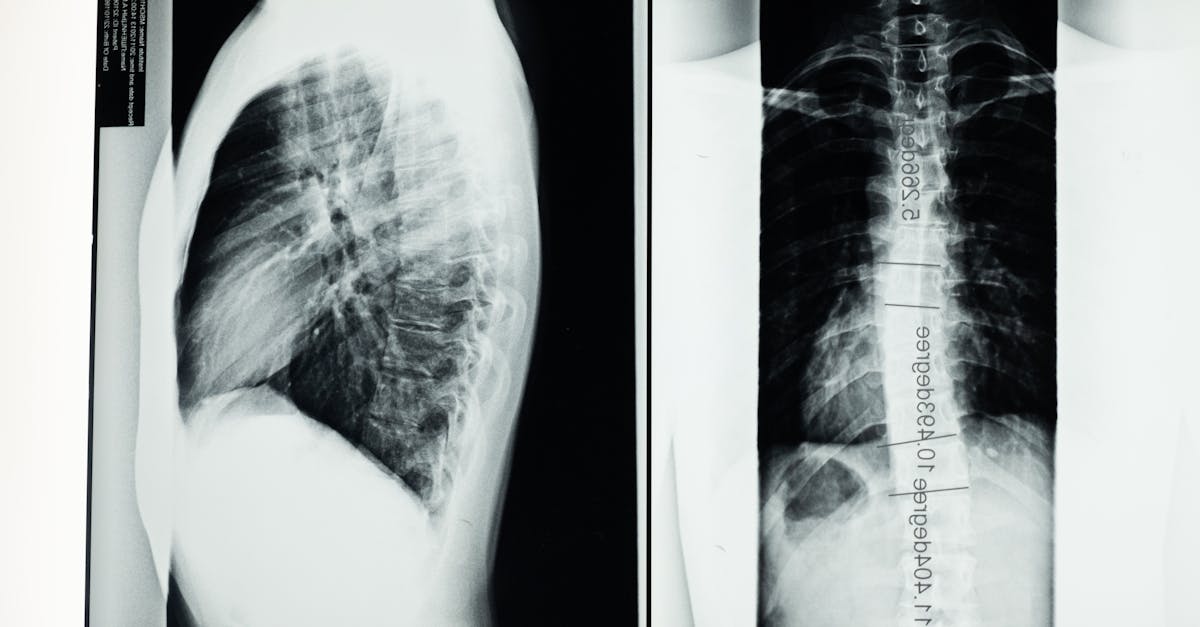Functional magnetic resonance imaging (fMRI) is a revolutionary technique in medicine that allows real-time visualization of brain activity. Thanks to recent technological developments, this method has gained precision and efficiency, offering countless opportunities for the diagnosis and treatment of neurological diseases. This article examines the latest advancements in fMRI, their implications in the clinical field, and future prospects for this fascinating technology.
Cutting-edge technology in functional MRI

Next-generation fMRI systems leverage high-field magnets, thus creating images with micrometer resolution. The technology has made tremendous strides, notably with the introduction of 7 Tesla systems. These new devices allow for faster examinations while offering unmatched image quality, essential for evaluating the complex mechanisms of various neurological disorders.
Improvement of imaging protocols
Optimized imaging protocols are now in place, reducing noise and artifacts in images obtained through fMRI. This is crucial for monitoring patients with diseases such as epilepsy or neurodegenerative disorders, where fine analysis of brain structures is paramount. These advancements encourage early detection of pathologies, allowing for more effective therapeutic interventions.
Clinical applications of functional MRI

The application of fMRI extends beyond mere visualization of the brain. It is used in research on disorders such as Alzheimer’s, schizophrenia, and other psychiatric conditions. By studying how different areas of the brain respond during various cognitive tasks, researchers can better understand the pathophysiological mechanisms underlying these diseases.
Tracking treatments and evaluating interventions
Technological advancements in fMRI improve not only diagnosis but also treatment monitoring. For example, fMRI allows measurement of medication effectiveness on brain activity, providing crucial information for doctors in choosing appropriate therapeutic options for each patient.
Research and development in functional MRI
Advancements in fMRI are largely supported by academic and industrial research. New initiatives aim to combine MRI with other imaging modalities, such as EEG, to create even more powerful diagnostic tools. The integration of artificial intelligence into fMRI image analysis also opens new perspectives for the rapid detection of pathologies.

Interdisciplinary collaboration
Cooperation between neurologists, radiologists, and imaging engineers is essential. Together, they can develop innovative protocols that maximize the potential of functional MRI. These collaborations allow for the exploration of complex questions and continuously improve research methodologies.
Ethical impacts and future challenges

Advancements in functional MRI do not come without certain ethical challenges. Issues related to access to care, data protection, and interpretation of results are major topics that require particular attention from health professionals.
Future of functional MRI
As we reflect on the future of functional MRI, it is imperative to continue investing in essential research. Advances in imaging, new analysis methods, and better awareness among practitioners will enable optimal use of this technology, thus transforming the diagnosis and treatment of neurological diseases.
Conclusion on advancements in functional MRI
Recent advancements in functional MRI attest to an incredible progress that will undoubtedly transform the landscape of modern medicine, providing healthcare professionals with powerful and non-invasive diagnostic tools for studying and treating neurological conditions.













